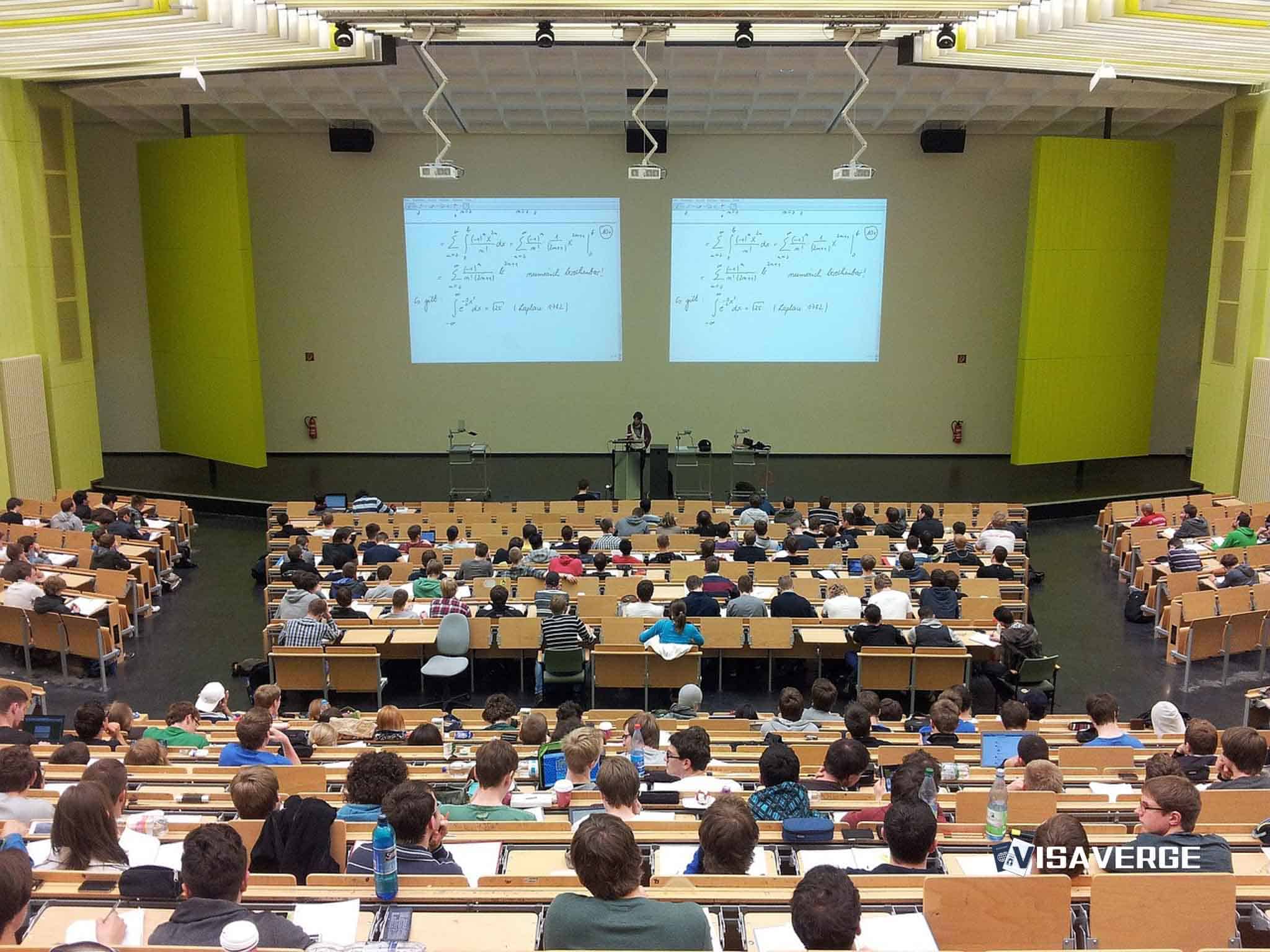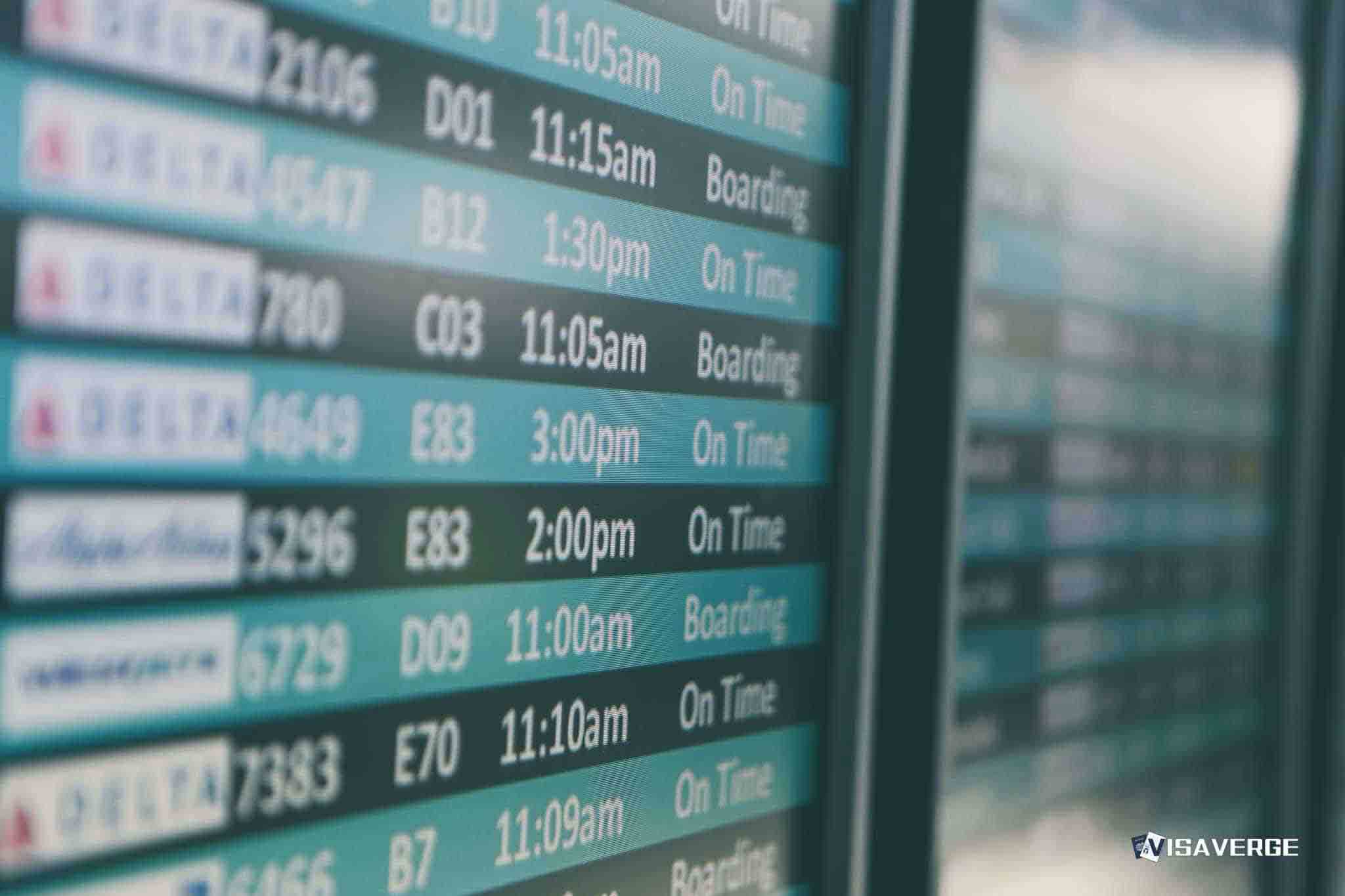(UNITED STATES) As the fall 2025 term begins, U.S. universities say they are facing the “Most Intense Assault” on modern higher education, with federal funding freezes, ideological conditions on grants, and sweeping immigration actions stacked atop a disruptive order to wind down the Department of Education. College presidents describe a system buckling under pressure as key research at Harvard, Columbia University, and other campuses stalls, while international students see visas canceled at levels not recorded in recent decades.
The administration of President Trump has paused or rescinded billions in federal support in recent months. According to materials shared by affected schools, Harvard has more than $2 billion in federal research money frozen, with key work in cancer and neurodevelopment put at risk. Columbia University reports $400 million canceled. A wider $3.7 billion push has targeted major research hubs, including Johns Hopkins, under a banner of cutting “woke” programs and policing alleged antisemitism.

University leaders say the cuts go hand in hand with new conditions that reach into campus life. To restore funding, Columbia University accepted mandates to rework discipline systems, expand surveillance, and alter parts of its curriculum. Faculty and students across the country warn the terms carry a chilling effect on research and speech, and that student support programs seen as serving marginalized groups are being rolled back across the United States today.
Federal funding freeze and ideological conditions
The summer’s tax and aid changes magnified the squeeze. Congress raised the top tax rate on large endowments from 1.4% to 8%, reducing unrestricted dollars that elite schools use to backstop labs and scholarships.
At the same time, Pell Grants now reach some short programs lasting 8–15 weeks — a shift that pleases workforce advocates but comes with new earnings tests that could strip federal loan access from college programs that don’t raise graduates’ pay.
According to analysis by VisaVerge.com, the funding campaign and the immigration steps that followed are joined at the hip: when labs lose federal dollars and visa cases drag or get pulled, research teams fracture. International postdocs and graduate students often sit at the core of federally sponsored projects; when their status falters, projects halt and the U.S. research pipeline thins.
On March 20, 2025, President Trump signed an order to close the Department of Education and return most authorities to states and local bodies. The plan transfers student-aid functions and opens a path to privatize federal student loans, including the end of Direct, Grad, and Parent PLUS programs.
Visas and enrollment: international students hit hard
The immigration squeeze accelerates the downturn.
- Since January, more than 6,000 student visas have been revoked, and about 2,000 international students lost status, often tied to minor violations or campus political activity.
- State and Homeland Security officials have stepped up screening and follow‑up checks, flagging students who attend protests or are deemed risks.
- In March, Secretary of State Marco Rubio said, “We are not going to be importing activists into the United States.”
The impact is immediate:
- The Institute of International Education projects application drops large enough to produce up to 150,000 fewer international students in the 2025–26 year.
- Universities that rely on international tuition to fund labs, financial aid, and community services warn of hiring freezes and program cuts.
- Advisers report students are afraid to attend demonstrations or sign open letters, worried that a social media post could trigger border questioning or a status review.
The federal posture reached new ground in May, when Harvard lost its certification under the Student and Exchange Visitor Program following allegations of “pro-terrorist conduct.” That step, rare in modern times for a school of Harvard’s size, set off panic among international offices nationwide. Schools scrambled to audit compliance, retrain staff, and warn students that infractions once handled internally may now lead to immigration consequences.
Official student visa guidance is available at https://travel.state.gov/content/travel/en/us-visas/study/student-visa.html.
Legal fights and next steps
Universities have begun to push back.
- Hundreds of institutions, including Harvard, MIT, Yale, and members of the Big Ten, formed mutual-defense groups and filed coordinated lawsuits challenging funding freezes, settlement demands, and visa actions.
- The Department of Education has opened a negotiated rulemaking process for 2025–26, laying out a sprawling rewrite of aid and accountability rules even as the agency itself moves toward closure.
The pressure on institutions has grown more visible. Under threat of deeper penalties, Columbia University agreed to a $221 million settlement seen by many on campus as compelled. Advocates say the use of federal pressure to impose discipline templates and surveillance rules risks normalizing political tests for universities.
Some legal scholars argue the combined policies amount to a campaign to reshape the academy’s culture, not simply its budgets.
“The collapse of academic self-governance and civically important scholarship is not only an education story; it’s a democracy story.” — Michael Ignatieff
Ignatieff compares current moves to the Hungarian playbook under Viktor Orbán, where pressure on universities preceded wider curbs on independent institutions. In the U.S., the fear is that as universities lose autonomy, public debate shrinks and young researchers choose to build their lives elsewhere.
Human and institutional stakes
The consequences extend well beyond campus politics and budgets.
- A canceled cancer grant can cost a lab tech their job, delay a clinical trial, and deprive families of hope for treatment.
- A revoked visa can send a promising Ph.D. student home mid‑dissertation, leaving advisors with incomplete data and fractured collaborations.
- Professors who curtail mentoring or public engagement over fear of political fallout may stop asking hard questions in research.
University financial officers are modeling revenue shocks from the endowment tax hike and other pressures. If federal funding remains tight and international enrollment continues to fall, they warn:
- Flagship state schools may delay construction, freeze hiring, and cut grant-matching.
- Private colleges without large endowments could close.
- Community colleges — often the front door for immigrants and working adults — may face increased demand with fewer resources.
Some policy shifts have mixed reactions. Opening Pell Grants to short-term job programs could quickly help workers gain skills, but new accountability rules mean colleges whose graduates don’t see earnings gains may lose federal loan access. That risk is especially acute for regional public universities and minority-serving institutions already under pressure from federal funding cuts and DEI rollbacks.
Civil rights groups, unions, and higher-ed associations urge decisive action in the coming months. They recommend that campuses:
- Document harms and coordinate legal filings.
- Set up rapid-response support for students facing visa checks.
- Tighten compliance so small paperwork errors don’t become major penalties.
Political arguments and the broader question
The administration argues these moves restore accountability, curb ideological programs, and protect national security. Supporters say universities grew too insulated and must answer to taxpayers.
Opponents counter that the Most Intense Assault threatens free inquiry, global collaboration, and the nation’s capacity to attract and keep talent.
As classes get underway, many presidents say the real test is whether the United States 🇺🇸 can remain the world’s first choice for study and research. Their warning is stark: if the current mix of federal funding cuts, surveillance conditions, and visa revocations continues, the country’s innovation engine will slow — even if some short-term metrics, like job-training numbers, improve on paper.
In labs from Boston to Houston, teams are already thinning out. The costs will not be counted only in lost rankings, but in cures delayed and ideas never tried.
This Article in a Nutshell
Federal funding freezes and immigration actions in 2025 have halted major research at institutions like Harvard and Columbia, revoked thousands of student visas, and risk reducing international enrollment by up to 150,000 for 2025–26, prompting lawsuits and urgent institutional responses.








